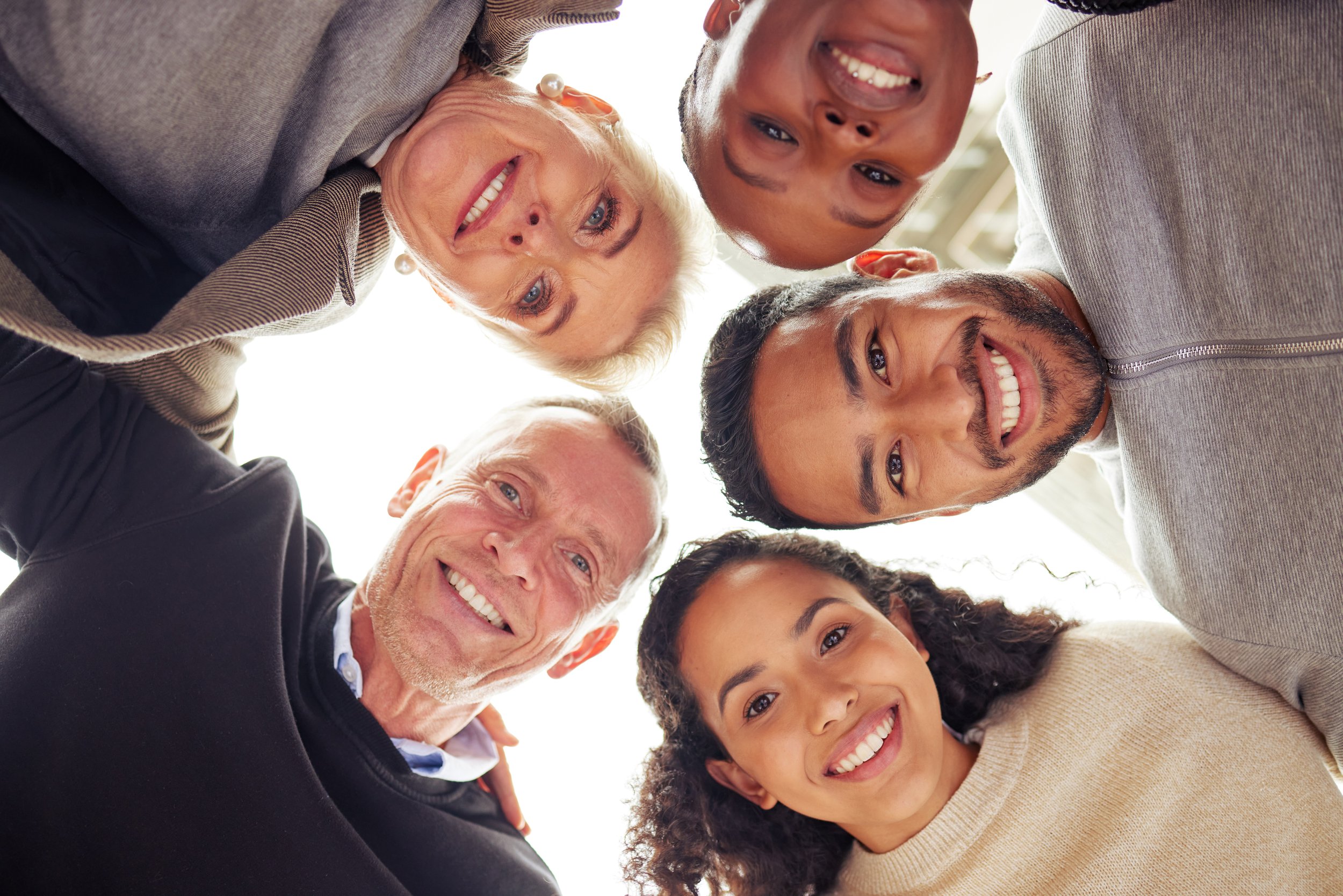
LGBTQIA+ Health Equity
2024 LGBTQIA+ Health Equity Report
-
From April-June of 2024, Blue Ridge Pride conducted an in-depth health equity survey of the Western North Carolina LGBTQIA+ community. We received 380 responses, 351 of which were eligible. The survey was broken down into several categories, including healthcare access, coming out and discrimination, chronic disease, housing and safety, and others. In July, we worked on analyzing the results, including disaggregating by race, ethnicity, gender identity, age and ability/disability. What follows is our Executive Summary, and a link to the full report. We'd like to thank Buncombe County Health and Human Services for funding this initiative, and all who took our survey.
-
This community-wide survey was a labor of love for our organization, with staff working overtime to ensure a quality, person-centered, community-based survey, adequate representation across our service area, and an in-depth look at the needs and strengths of our Western North Carolina LGBTQIA+ community. We hope these results will help queer-led and queer-serving organizations understand where they might, within their own spheres, and in collaboration with others, best utilize their resources to ensure safety, health and wellness for our community. We plan to use these results within Blue Ridge Pride as we embark on a new Strategic Planning process.
In analyzing the results, some things become clear. Firstly, those under 50 in Asheville's metro area face disproportionate rates of food and housing insecurity, and lack of access to healthcare, which correlates with increased feelings of isolation and risk of suicide. We also see a disproportionate burden of discrimination, including within healthcare, housing, the criminal justice system and elsewhere, for trans and nonbinary people. There is little national data on what nonbinary people face on a day-to-day basis, but these results suggest this as a group that needs far more attention and funding. Our BIPOC queer community is facing unacceptable rates of food insecurity and discrimination from our healthcare and criminal justice systems, which speaks to the need for racial equity work at the intersection of LGBTQIA+ liberation.
The prevalence of depression, anxiety, and isolation within our community shows providing queer-affirming mental health resources is vital, as is combatting legal, political, and social discrimination exacerbating the queer mental health crisis. Food insecurity is a significant concern across the board for our community, as is family violence. And healthcare providers are clearly in need of education and support in serving those across the LGBTQIA+ community; if nothing else, the cancer screening results should send alarm bells to them. There are physical health conditions we need to name and address as well: asthma and eating disorders in those under 50, and binge drinking and heart attacks within our trans community. Smoking, now more often through vaping than cigarettes, remains a critical issue for our community.
There are bright spots, such as our resiliency and capacity for hope even in dark times. And some data points that buck national trends: trans individuals reported the lowest regional rate of lifetime prevalence of houselessness, and those over 50 reported the lowest rate of feelings of isolation, suggesting pockets of strengths via natural support systems that are unique to WNC.
Many in WNC do feel that where they live and work is “welcoming”; however they don’t necessarily feel that WNC as a whole is. Those who live in more rural counties report feeling that they do not feel welcome where they live, and so we know there is work to do in advocacy and education outside of Asheville, and that it needs to be done in an intersectional manner. Our BIPOC community members and those with disabilities are gravitating to live and work in places where they feel welcome while experiencing most of WNC as not on their side. What would widespread welcome look like?
In all, we hope this information will help to transform WNC for years to come, and bring clarity and hope to those working towards liberation, justice and health for our LGBTQIA+ neighbors and friends. Together, we believe we can make this house our home.
